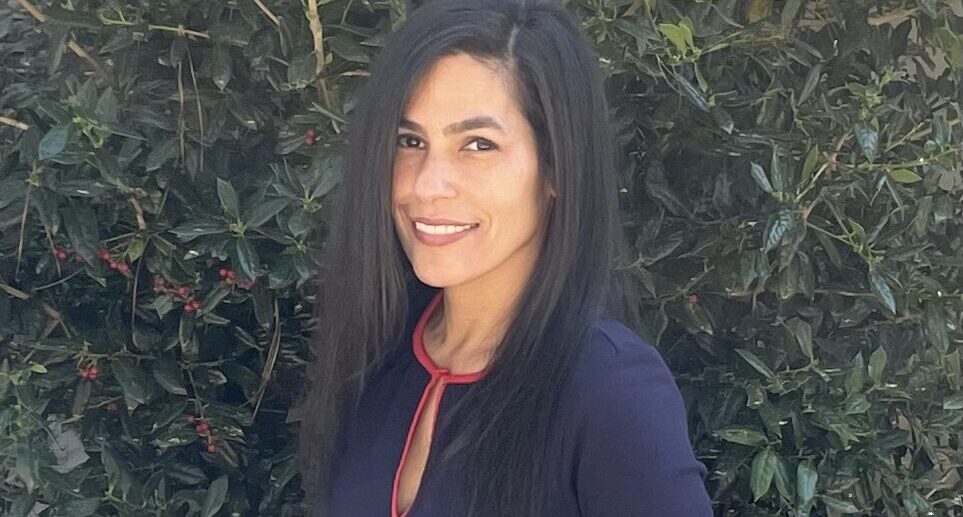Lillian Tisserand

Lillian Tisserand, BSC Associate
Current Degree Program: Jenkins MBA with graduate certificates in Business Analytics and Business Sustainability
Previous Degree: Bachelor of Science in Psychology and Master’s in Industrial and Organizational Psychology
Hometown: Georgia
Areas of Interest in Sustainability: ESG, Resource Depletion, Biodiversity Preservation, and Sustainability Analytics
What does business sustainability mean to you? What do you think sustainability should mean to businesses?
To me, business sustainability means balancing profit with a responsibility to the planet and society. It is about making decisions that benefit the environment and communities, not just the bottom line. For businesses, sustainability should mean actively reducing their environmental impact, supporting social equity, and creating long-term value for everyone involved.
What sustainability challenge would you most like to solve?
The challenge I would most like to solve or help address is the depletion of natural resources, especially in industries that heavily rely on natural materials, by focusing on practicable solutions to protect vital ecosystems and biodiversity.
Who do you admire for championing positive change through business?
I have not chosen a specific person yet, but I admire business leaders and companies that focus on sustainability and social responsibility. I am inspired by those who prioritize eco-friendly practices and work to create positive change. I’m looking forward to learning more about influential figures in this area as I continue my journey in sustainability.
Moving forward, how do you plan to use business as a force for good?
I aim to help businesses make more responsible choices about managing resources, protecting biodiversity, and making a real difference in how companies interact with the environment. With the correct data, companies can see the impact of their actions and make changes that reduce resource depletion, empowering them to preserve ecosystems. My goal is to guide businesses toward more sustainable practices that benefit the environment and their bottom line.
What do you think are some challenges with sustainable businesses or becoming a sustainable business?
There are several challenges to becoming a sustainable business. Three that come to mind are aligning profitability with sustainability. Often, a lack of immediate financial return can deter businesses from making changes. Another challenge would be the complexity of the supply chain. Transitioning to sustainable practices can be hard when dealing with a complex supply chain that involves multiple vendors, countries, and regulations. Thirdly, cultural resistance within a company can be challenging, especially if sustainability is not considered a core business strategy.
What’s your advice for fellow students who might be interested in sustainability, but don’t know where to start?
My advice for students interested in sustainability is to stay curious, ask questions, and familiarize themselves with areas that matter to them. Get involved however you can, in person or online. Network with people of similar interests and take advantage of all the opportunities NC State has to offer.
- Categories:


